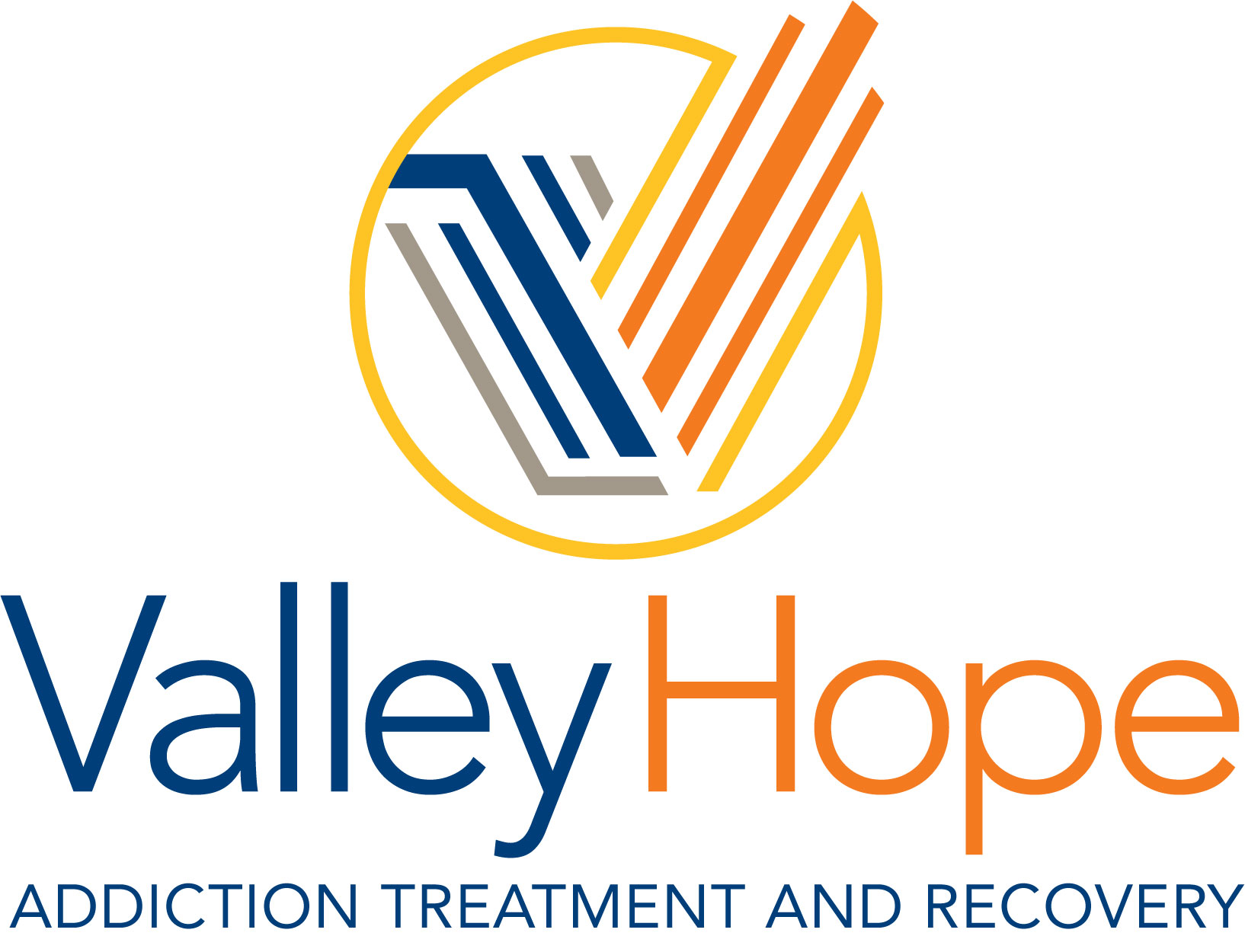The 12 Step program has been a successful and widely recognized practice supporting recovery from addiction, used successfully by millions of people worldwide. Today, it is implemented in various drug and alcohol addiction treatment programs as an evidence-based approach to helping patients find and maintain sobriety.
The History of the 12 Steps
In 1938, Bill Wilson, a former member of Alcoholics Anonymous, created the 12 Steps. They emerged from Wilson’s effort to share his ideas and tips regarding recovery from drug and alcohol addiction. Once completed, the steps were recorded in AA’s Big Book.
Today, the 12 Steps are a model for AA, and millions of people in recovery utilize the Steps for support, with additional groups including Narcotics Anonymous and Gamblers Anonymous also utilizing the 12 Steps as a foundation for recovery from addictions.
Learn more about the 12 Steps.
The Twelve Steps and Evidence-Based Addiction Treatment
As they have risen in popularity due to proven outcomes over almost nine decades, the Twelve Steps have been hugely influential in addiction treatment programs and utilized as an evidence-based treatment modality.
The 12 Step treatment process involves admitting that you can’t control addiction, recognizing that a higher power can give strength, admitting past mistakes, making amends, and developing an honest, helping, and forgiving lifestyle.
One of the evidence-based practices utilized in a 12 Step treatment program is acceptance and commitment therapy (ACT). According to the National Library of Medicine, acceptance and commitment therapy has two main purposes: Acceptance of problematic internal experiences which cannot be controlled; and commitment and action based on individuals’ values. A part of the effectiveness of ACT is under the mindfulness umbrella and present time, including acceptance, cognition diffusion, clarifying personal values, action basis on values, and commitment in practice.
In addition to ACT, support groups are a massive part of the 12 Steps. Support groups, referred to in many ways like fellowship, community, or social network, allows the patient to work through treatment by sharing and communicating among people struggling with similar substance use disorders. This fellowship enables the patient to gain insight and guidance in a supportive group setting.
Particularly when combined with other evidence-based methodologies such as behavioral therapies, co-occurring disorder services, and medication-assisted treatment (MAT) (if needed), the 12 Steps can be highly effective as part of a customized addiction treatment experience.
The Twelve Steps and Recovery
After addiction treatment, the 12 Steps also serve as an effective approach to sustained recovery, providing principles and tools designed to strengthen your recovery journey. Three practices within the 12 Steps that make it an essential program after treatment:
- Support Groups (AA): Offers a supportive community of people who are going through the same experience. This sense of camaraderie can be invaluable in helping you stay accountable, heard and focused on your recovery.
- Spirituality: Incorporates spiritual principles, providing a sense of purpose and meaning beyond your addiction.
- Continuing Care: With regular meetings and ongoing opportunities for individuals to connect with others in recovery. This ongoing support group environment can help you maintain your sobriety and build a fulfilling life in recovery.
These treatment practices, among others, are offered at Valley Hope to focus on helping you and your family heal from the damage caused by substance abuse. We combine compassionate care from experienced clinical professionals with evidence-based, co-occurring treatment methods developed to heal your mind, body — and spirit.
Looking for a 12 Step Treatment Program?
With over 55 years of experience, Valley Hope Addiction Treatment and Recovery provides an immersive, evidence-based 12 Step method as part of each patient’s individualized treatment plan.
Valley Hope’s treatment approach is grounded in the 12-Step philosophy, emphasizing the spiritual component by providing a dedicated full-time chaplain team at each residential center. Our chaplains offer spiritual care and support in the clinical setting. In addition, Valley Hope integrates other treatments, such as therapy, medication, education, and support groups, as needed to support the patient’s recovery.
Like the 12 steps, Valley Hope provides a supportive community, a structured approach to recovery, opportunities for self-awareness and reflection, personal accountability, spiritual principles, and continuing care in recovery from addiction.
If you or someone you care about struggles with substance abuse, don’t wait to get help – hope and healing are available at Valley Hope 24/7.
For immediate help, call our Local Admissions Team at (855) 544-8384.









